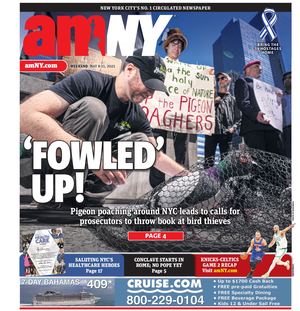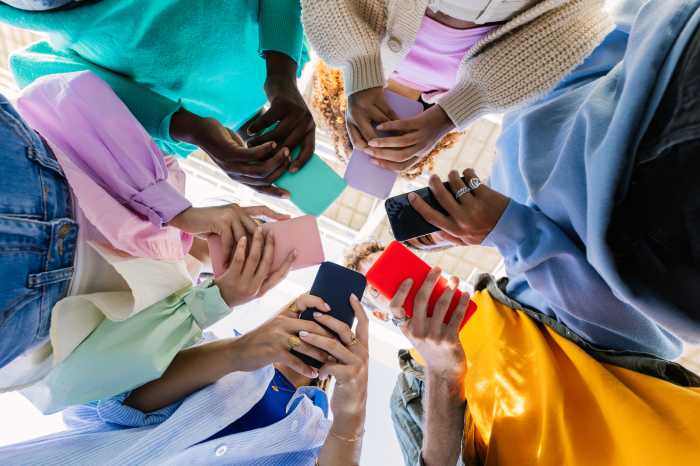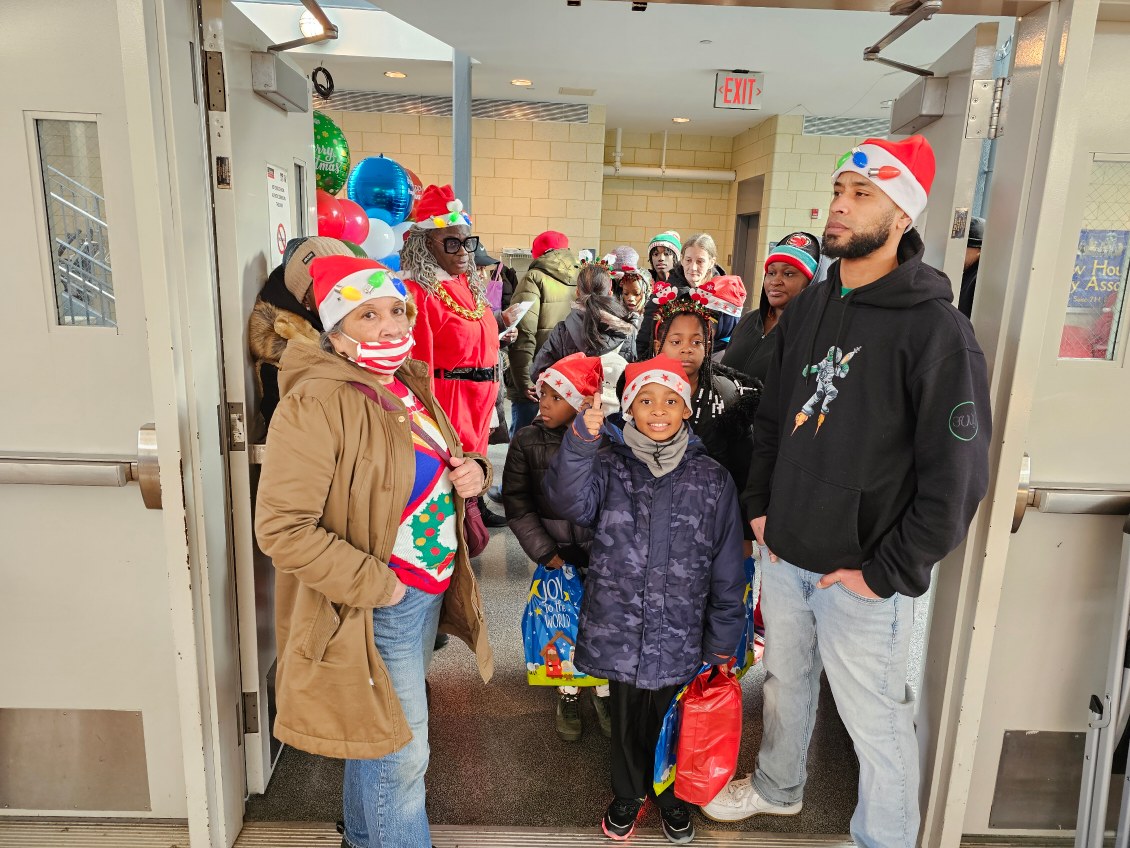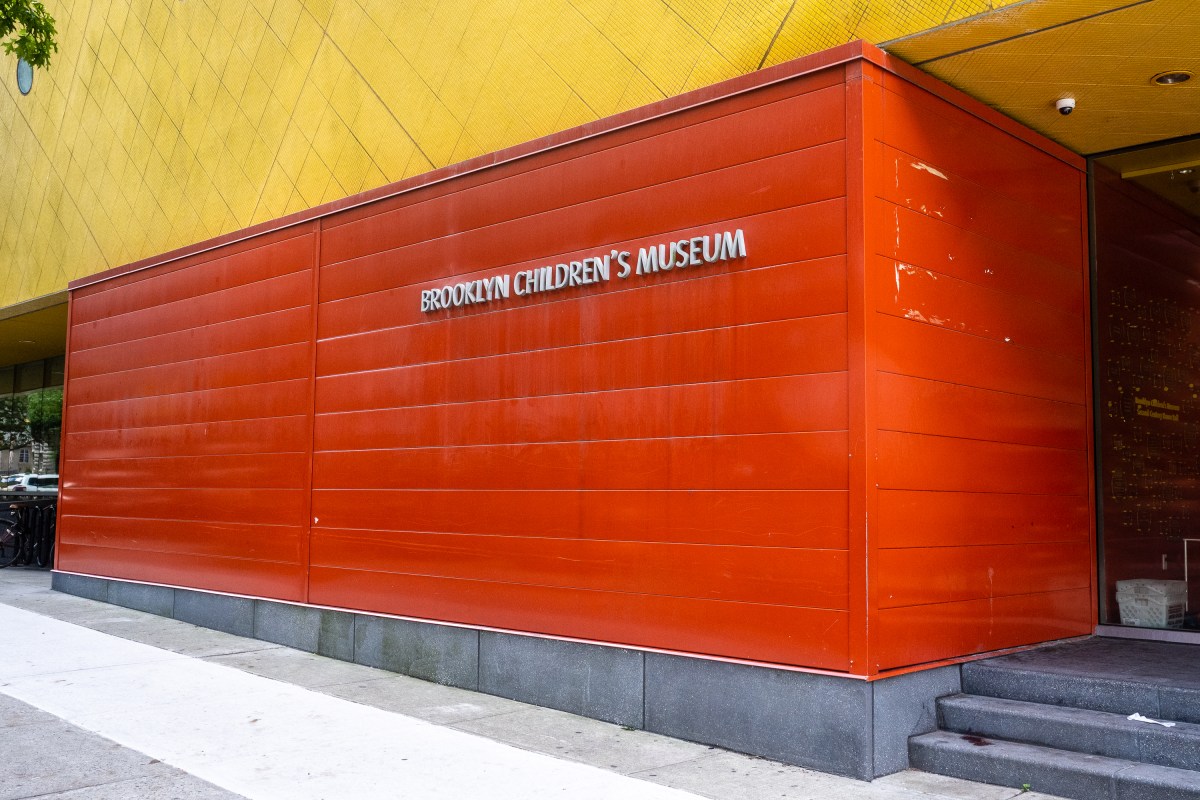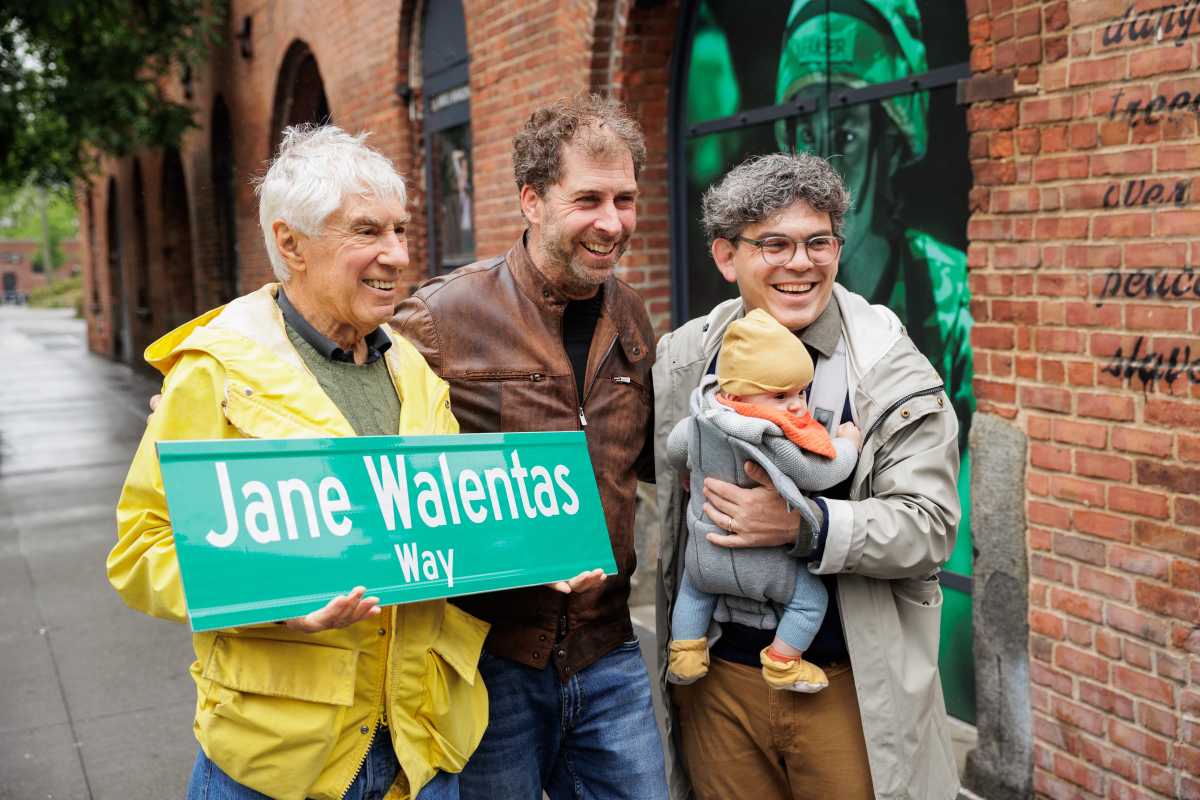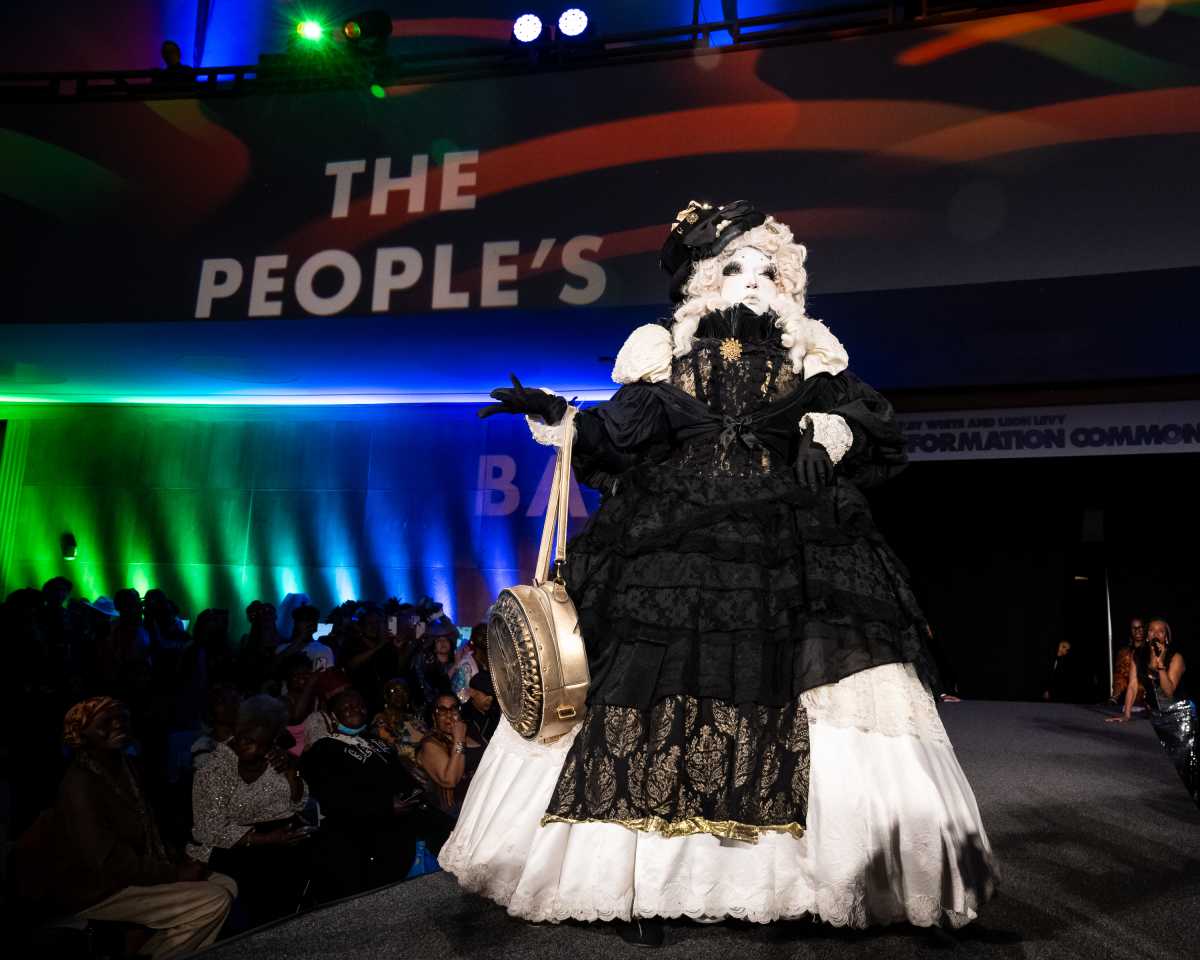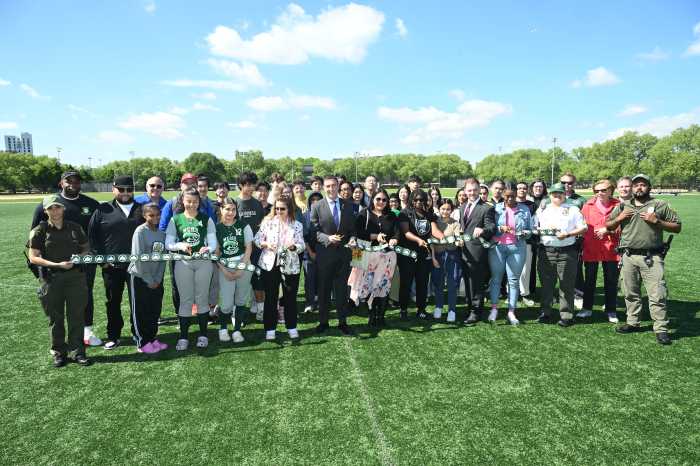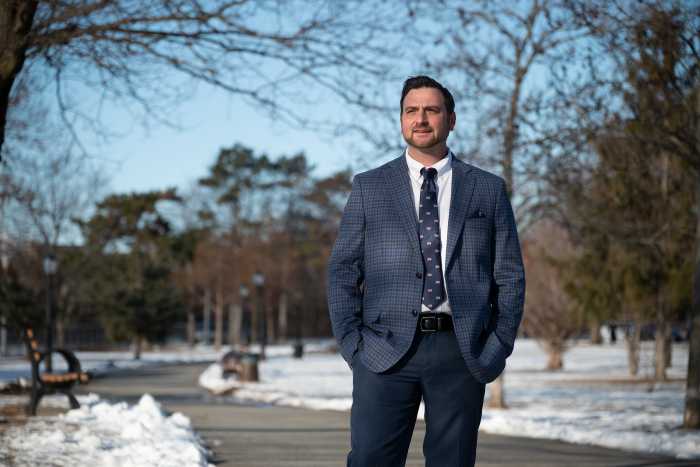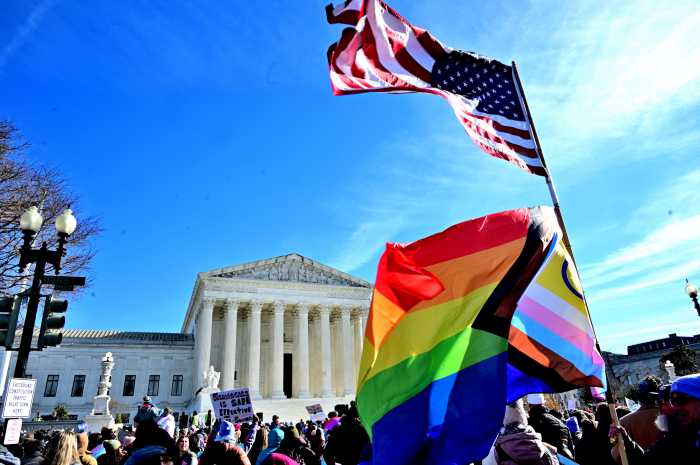Welcoming my newborn daughter was one of the most precious moments of my life. Like all parents, I knew that bringing her into the world was just the beginning — raising her would require everything I had. But what I didn’t anticipate was losing my home right in the middle of my pregnancy in 2015. After months of searching for housing, my daughter and I were homeless. My husband was living in another country at the time, and I had never felt more alone.
As a southeast Queens native, I had spent months preparing for her arrival in the only neighborhood I had ever called home: Laurelton. That sense of grounding and familiarity vanished the day we were thrown out of my childhood home. What followed was a stretch of my life defined by instability, uncertainty, and fear — all while caring for my newborn.
That was over a decade ago. Since then, my daughter and I have found a home, navigating a long and often difficult road to land in NYCHA housing. But for thousands of families in New York City today, the road remains blocked: 1 in 8 children is experiencing homelessness. That statistic should stop us in our tracks.
With the Democratic primaries quickly approaching in June, we have a critical opportunity to demand more from our city’s next leader. In our current crisis, housing justice for children and families absolutely must be a top priority. It’s not enough to talk about new construction decades out under City of Yes, or pretend as though CityFHEPS vouchers are reaching every family seeking housing. And slashing funding from programs like Operation Backpack — which equips students in shelters with new backpacks and school supplies — certainly doesn’t get us there. Beyond making sure every New Yorker has a safe place to call home, we need a Mayor who will champion long-term investments in mental health and trauma-informed care to meet families where they are.
We often prioritize educational inequity, food insecurity, and economic hardship when discussing homelessness — and rightly so. To date, candidates have proposed boosting workforce opportunities and providing housing assistance for youth aging out of foster care, and investing in both supportive housing and mixed-income developments. These ideas certainly make for a great start but where does mental health support factor in?
Experiencing homelessness during childhood isn’t just disruptive; it’s traumatic. Children living in shelters face immense challenges to their sense of safety, stability, and self-worth. 69% of youth without homes report mental health challenges, and suicide is the leading cause of death among them. That’s why mental health services aren’t just helpful; they’re essential. From birth through adolescence, children need consistent and compassionate support to understand and process what they’re experiencing. But in shelters, they often have limited access to mental health professionals, school counselors, or even safe spaces to express themselves. We can’t expect children to succeed in school, develop healthy relationships, or trust the world around them if we don’t first provide them with the tools to feel safe in their own minds.
We need a citywide commitment to trauma-informed care for every child in shelter. In practice, that looks like expanding access to school-based mental health programs, training shelter staff to recognize signs of distress, and investing in early childhood intervention services. Funding programs like Troop 6000, which helps children in shelters better acclimate, make new friends, and learn to see themselves as leaders. Ensuring that when a child enters the shelter system, they aren’t just given a place to sleep, but a real shot at emotional healing.
Homelessness should never define a child’s future. But without the right support, it often does.
I know what it means to raise a child through homelessness. I also know what’s possible when we invest in stability, care, and community. If New York is serious about breaking the cycle of poverty and giving every kid a fair chance, we need a Mayor who will treat mental health support as non-negotiable. It’s easy to move into Gracie Mansion and paper over institutional issues. But real leadership starts with a simple truth: every child deserves more than just shelter — they deserve the safety and the peace of mind to heal, grow, and thrive. Our city’s next leader must commit to making this vision a reality.
Kadisha Davis is a Housing Policy Fellow at the Family Homelessness Coalition where she advocates to strengthen the partnership between the community of families with lived experience and key decision makers.
